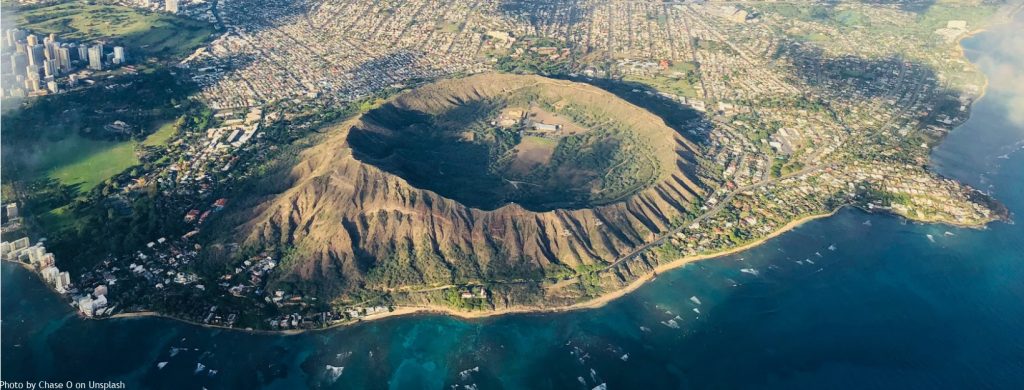
About the Program
The Department of Oceanography launched the undergraduate Global Environmental Science (GES) program in 1998 with the generous support of the Pauley Foundation. The vision and brainchild of Oceanography Emeritus Professor Fred Mackenzie, the GES program is known for its rigorous math and science foundation, integrated study of environmental- and sustainability-related issues, and faculty-mentored research thesis requirement. This research experience results in every GES graduate having completed a faculty-mentored research project, written a thesis, and presented their research results in a public forum. As a result of the challenging curriculum and research thesis requirements, GES graduates are well-prepared to enter the workforce in environmental science-related fields and industries or continue on to graduate studies in many different subjects in the sciences, social sciences, law, medicine, and engineering.
Program Team

Dr. Michael Guidry
GES Chair
Ms. Lentina Villa
Student Services Specialist
Ms. Han Quach ʻ21
Project Coordinator
Ms. Amanda Wong ʻ19
GES Opportunities Mentor
Ms. Catalpa Kong
Department Secretary
Ms. Chloe Kaneshige
Student Assistant
If you need to speak with us, please visit our Contact Information page for ways to communicate.
Mission Statement
The GES program is one of the most rigorous and involved undergraduate programs at the University of Hawai‘i at Mānoa. Its mission is to prepare students to achieve their goals:
- Educate students in creating, developing, and disseminating knowledge through high quality and innovative faculty-mentored student research experiences;
- Train environmental scientists to apply a rich diversity of knowledge systems to sustain and transform our islands and the world.
- Cultivate creative and innovative leaders in environmental science impacting local to global communities.
GES graduates are prepared for:
Below are some examples of possible careers for GES graduates who complete a Bachelor of Science degree and those who pursue an accelerated Bachelor’s and Master’s pathway. Click on the image below for an enlarged view.

The GES program is the first environmental science program to be accredited by the Applied and Natural Science Commission of ABET.
Updated October 13, 2022.
